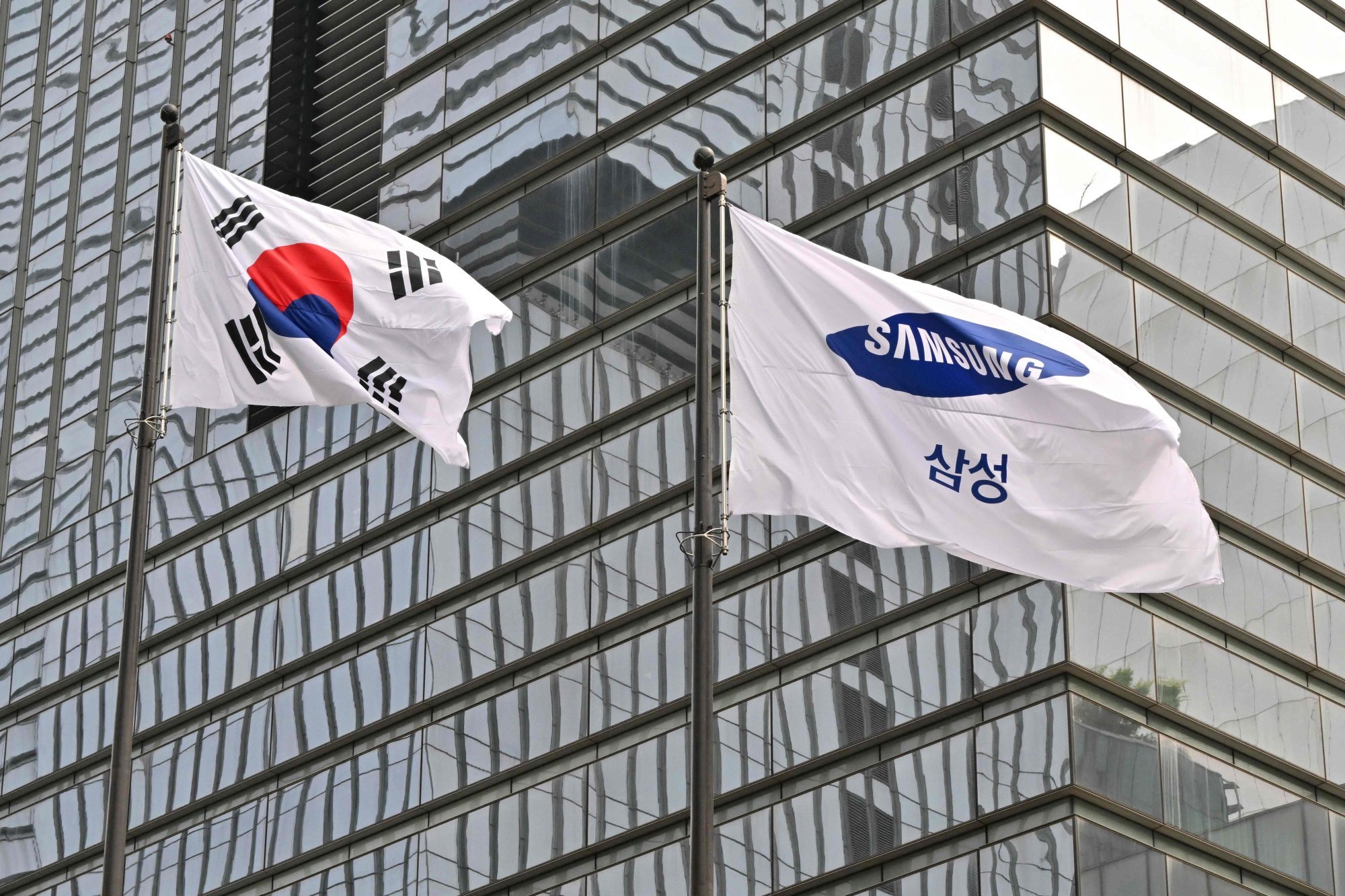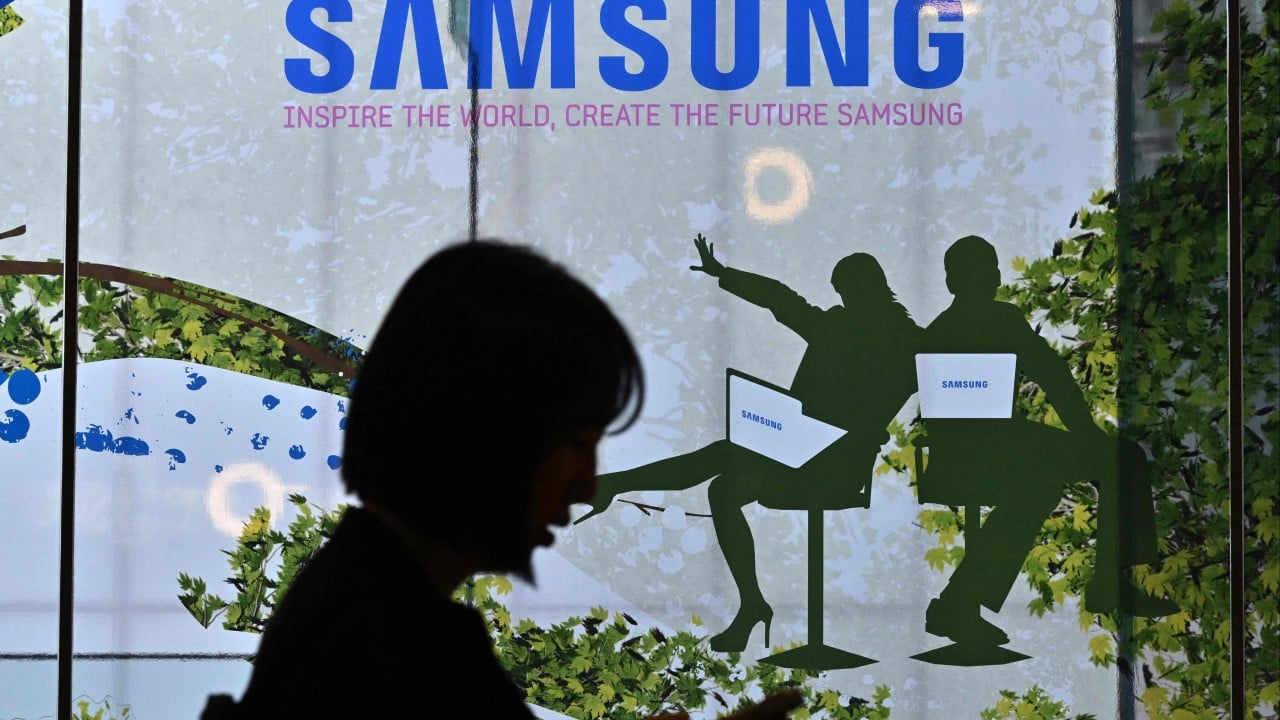Samsung reports chip profits after a year of losses, as AI boom drives fourfold surge in overall income
Samsung Electronics topped analyst earnings estimates after its semiconductor division returned to profitability, as companies like Microsoft and Alphabet led a surge in spending on artificial intelligence (AI) services.
The world’s largest memory chip maker reported net income of 6.62 trillion won (US$4.8 billion) in the March quarter, versus the average analyst projection for 5.63 trillion won. That is more than four times the company’s earnings a year earlier.
The results underscore how demand for the memory chips that power modern electronics and artificial intelligence is starting to rebound after a severe downturn. The company’s shares rose as much as 2.4 per cent in Seoul trading.
Samsung, also the world’s largest smartphone maker, is trying to reverse a year-long decline triggered by global economic uncertainty. In 2023, the company’s overall operating profit plunged to a 15-year low after its semiconductor unit posted a loss of 14.9 trillion won.

Signs are pointing to a gradual market rebound, driven in part by demand for chips used to develop AI after the advent of OpenAI’s ChatGPT.
Samsung’s chip division posted a better-than-projected 1.91 trillion won operating profit, its first profitable quarter after four successive losses. South Korean trade data released this month showed semiconductor shipments led growth in the country’s exports in the first 20 days of April, rising 43 per cent from a year earlier.
In its earnings release, Samsung said it expects chip demand to remain strong in the current quarter and the second half of this year. It said that the industry should remain strong, in large part because of the demand for generative AI.
Microsoft and Alphabet, Google’s parent company, reported financial results last week that beat analysts estimates, in part because of AI services.
Samsung shares have risen since an endorsement by Nvidia’s Jensen Huang in March fuelled expectations for a supply deal later this year for its high-bandwidth memory or HBM, which is optimised for use with Nvidia AI accelerators. That would help it gain a key foothold in the battle with smaller SK Hynix, which is dominating the latest version of HBM.
“Samsung is lagging behind in AI semiconductors, and also they’re struggling with the utilisation rates” in their foundry business, Daiwa Securities analyst SK Kim said. “However, I think that now, especially this quarter, we’ll see the progress of the HBM3E.”
Samsung’s smartphone and network business – the biggest contributor to its overall business – posted an operating profit of 3.5 trillion won on sales of 33.5 trillion won during the quarter, aided by strong sales of the Galaxy S24 series.
Still, Samsung expects overall demand for smartphones to decline sequentially due to seasonality, the company said.
China’s chip output surges amid growing dominance in legacy chips
China’s chip output surges amid growing dominance in legacy chips
Longer-term, Samsung is trying to catch SK Hynix in the rapidly expanding market for HBM. Hynix last week reported its fastest pace of revenue growth since at least 2010. It said overall memory demand is on a steady growth path, citing double-digit price rises in the broader DRAM market and the NAND market.
Samsung said it began mass production of its latest HBM product, HBM3E 8H, and plans to mass produce future HBM chips in the second quarter.
Kyung Kye-hyun, who leads Samsung’s semiconductor business, said at the company’s annual shareholders’ meeting in March that the division should recover to 2022 levels this year as the long-standing slump begins to end. The company averaged an operating profit of more than 10 trillion won a quarter that year.


